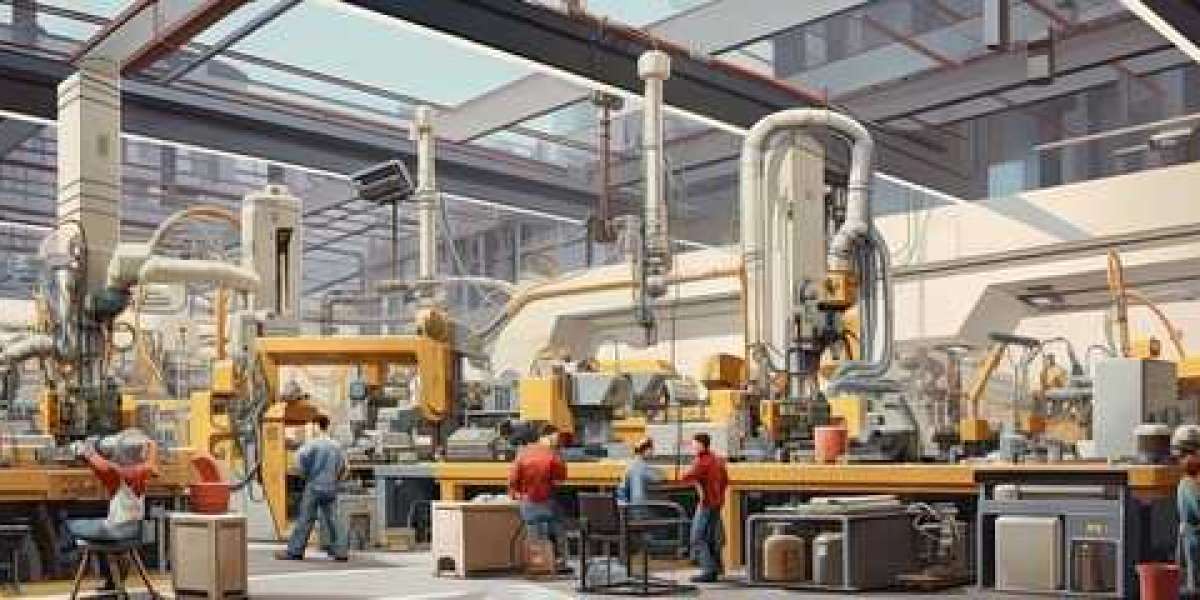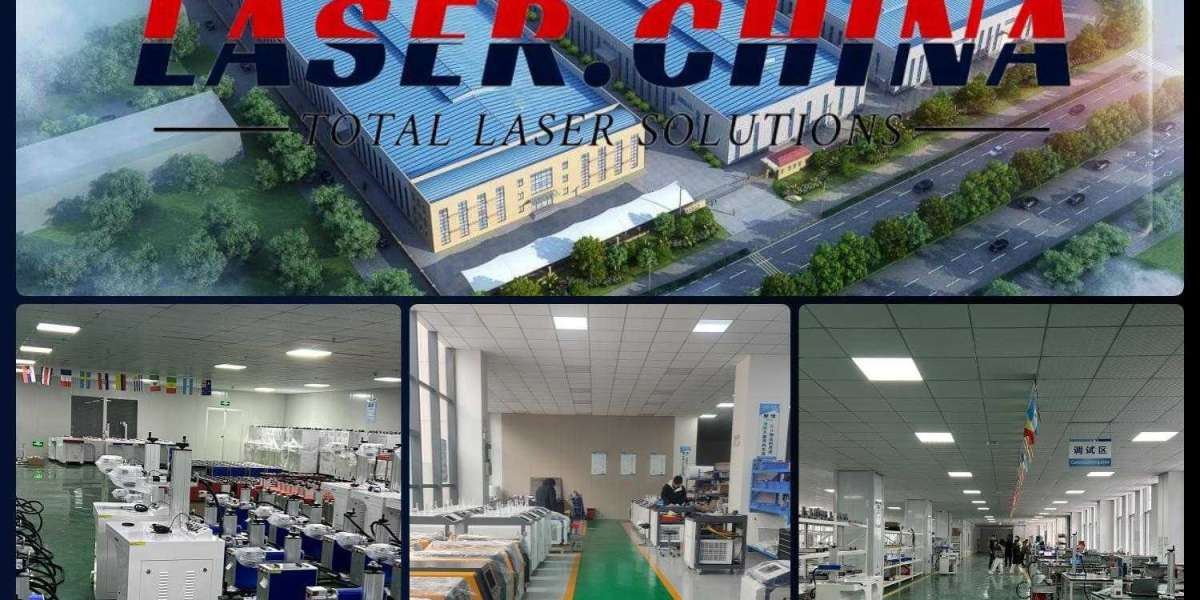Outline
- Introduction to Automation in Manufacturing
- Notable Industry Examples
- Automotive Industry
- Electronics Manufacturing
- Food and Beverage Industry
- Logistics Sector
- Applications of Automation in Manufacturing
- Advantages of Embracing Automation
- The Future of Manufacturing Automation
- Conclusion
- FAQs
Embracing Automation: Revolutionizing the Manufacturing Sector
Introduction to Automation in Manufacturing
Manufacturing automation is transforming how industries operate by integrating advanced software and robotic systems to optimize production processes. This innovation not only increases efficiency but also minimizes the need for human intervention in repetitive, hazardous, or mundane tasks. Automation covers various functions, including processing, assembly, inspection, inventory management, and production planning.
While the potential of automation to streamline operations is exciting, it also brings concerns about job displacement. However, automated systems typically handle tasks that are monotonous, dirty, or dangerous, enabling human workers to focus on more complex, safer, and fulfilling work. These robots can handle heavier loads, work faster, and ensure safety in hazardous environments.
Notable Industry Examples
Automotive Industry
The automotive industry is a prime example of how automation is revolutionizing manufacturing. From 2021 to 2026, the market for automotive industry automation is expected to grow by $1.95 billion. Automation streamlines assembly lines, facilitating tasks such as welding, polishing, and assembling, particularly with the rise of electric vehicles. Major automotive companies embracing automation include Ford, General Motors, Mercedes-Benz, and BMW.
Electronics Manufacturing
Electronics manufacturing significantly benefits from automation due to the intricate and delicate nature of the components involved. Automation enhances production efficiency, quality testing, and assembly processes. Leading companies in this sector include Emerson Electric Co., Pegatron, Quanta, Siemens, and Wistron.
Food and Beverage Industry
In the food and beverage industry, automation optimizes production processes, ensuring food safety, efficient packaging, and adherence to quality standards. Automated systems facilitate labeling, stacking, and packing. Prominent companies using automation in this sector include Nestle, Sysco Corporation, and Cargill.
Logistics Sector
Logistics companies leverage automation to enhance supply chain efficiency, inventory management, and delivery speed. Technologies in logistics automation optimize transportation and inventory tracking. Examples of companies using automation in logistics include Daifuku, KION Group, Locus Robotics Corp., Dematic, and Honeywell International, Inc.
Applications of Automation in Manufacturing
Robotic Process Automation (RPA) has been pivotal in manufacturing, enabling companies to achieve better results in shorter timeframes. For instance, FANUC, a leading robot manufacturer in Japan, produces over 22,000 industrial robots monthly for clients like Apple and Tesla. Under Elon Musk's leadership, Tesla has implemented a fully automated production strategy, utilizing cloud computing and AI for its autonomous self-driving cars.
Advantages of Embracing Automation
- Increased Efficiency: Automation accelerates manufacturing processes, saving time and energy while increasing production speed and reducing errors.
- Cost Savings: Automation lowers labor costs, reduces production wastage, and minimizes downtime, resulting in significant cost savings.
- Quality Control: Automated processes ensure consistent and high-quality output, reducing the risk of defective products.
- Enhanced Safety: Automation reduces the risk of workplace injuries by handling hazardous tasks, protecting the human workforce.
- Data Collection and Analysis: Automated systems facilitate data collection and analysis, helping companies make informed decisions and improve processes.
- Workforce Optimization: Automation enhances job satisfaction and retention by allowing human workers to focus on more complex and fulfilling tasks.
The Future of Manufacturing Automation
- Collaborative Robots (Cobots): Cobots assist human workers by performing repetitive tasks, allowing humans to handle more complex responsibilities. The cobot market is projected to reach $7.5 billion by 2027.
- Artificial Intelligence (AI) and Machine Learning: AI enhances automation by detecting errors, identifying patterns, and suggesting improvements.
- Internet of Things (IoT) Integration: IoT devices collect and share data, improving real-time scheduling and productivity.
- 3D Printing: 3D printing accelerates the production of custom components and prototypes, reducing lead times and costs.
- Autonomous Mobile Robots (AMRs): AMRs navigate uncontrolled environments autonomously, transporting materials and performing repetitive tasks.
- Virtual and Augmented Reality: VR and AR technologies aid in workforce training and development, enhancing efficiency and reducing risks.
- Cloud Computing and Big Data Analytics: Cloud platforms and big data analytics enhance data storage, processing, and security, crucial for automated manufacturing.
- Energy Efficiency and Sustainability: Automation reduces wastage, energy consumption, and carbon footprint, promoting sustainable manufacturing practices.
Conclusion
Automation is undeniably transforming the manufacturing industry, delivering enhanced efficiency, quality, and safety. As technology continues to evolve, the future of manufacturing will be characterized by increased productivity and sustainability through innovative automation solutions.
FAQs
What is manufacturing automation?
Manufacturing automation involves using software and robotic systems to streamline and optimize production processes, reducing the need for human intervention.
Which industries benefit from automation in manufacturing?
Industries benefiting from automation include automotive, electronics, food and beverage, and logistics.
How does automation improve quality control?
Automated systems ensure consistent and high-quality output by minimizing errors and maintaining strict quality standards.
What role do collaborative robots (cobots) play in manufacturing?
Cobots assist human workers by performing repetitive tasks, allowing humans to focus on more complex and thought-intensive responsibilities.
How does automation contribute to sustainability in manufacturing?
Automation reduces waste, energy consumption, and the carbon footprint, promoting more sustainable and efficient manufacturing practices.








